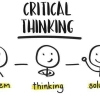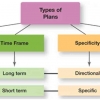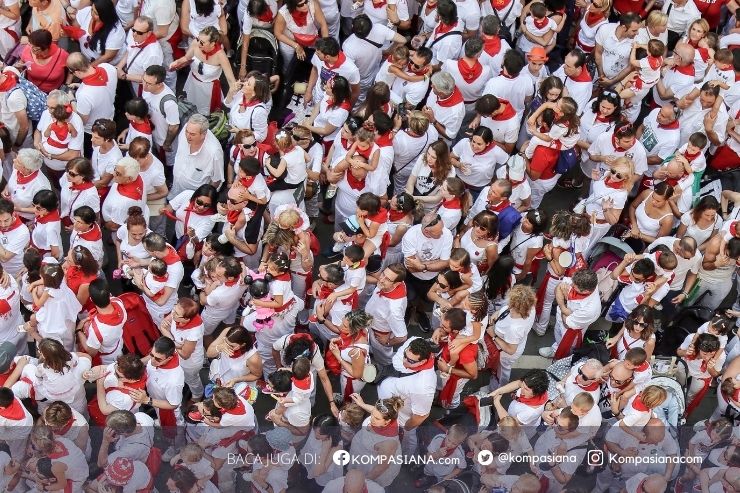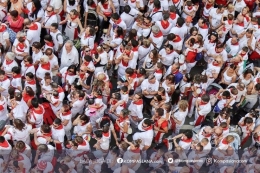"What hope is predicated on is the assumption that life can be different than it is now, but to be different than it is now rather than romanticizing and hope it turning into something Disney like, it really has to involve a hard work. We have to believe it can be done. It's worth the struggle"
-Henry Giroux
Over half of century ago a new educational approach emerged as a result of growing economic and social class disparity. The growing concern over the trend of our educational paradigm and system in the age of neoliberalism has made an urgent call for our educational thinkers and reformists to redefine the purposes of our education. That was the time where critical pedagogy took its first shape.
It is one of the most radical and revolutionary thinking which attempts to make its stand against the ongoing market-driven educational dystopia. Paulo Freire, a Brazilian educational thinker, is one of its foremost pioneer. He has conceptualized and developed the earliest concept of this thinking and has left an unprecedented legacy to our educational change.
Critical pedagogy is not merely a set of teaching methods, it is a set of beliefs, narratives, and practices which perceives education not only as a learning process but also as a political, social, cultural, and power formation. This perspective that acknowledges education as the tool to shape, change, and also empower the critical aspects of our life gives birth to the idea of the pedagogy of hope.
Pedagogy of hope is a narrative of optimism that critical pedagogy tries to build. This narrative is an important part of critical pedagogy since this language of hope encompasses the plausibility of education as the civic tool of societal changes. Undoubtedly, this sense of optimism must be built and resonated otherwise the expected changes will not ever take place. In addition, this sense of optimism needs another supporting tool.
Since societal changes are only possible if people believe that they are part of history and they can shift the course of history into the intended direction, thus critical historical consciousness needs to come into play. Critical historical consciousness is an indispensable determining part of pedagogy of hope. It gives people not only hope but also imagination and power to believe that history is open, history is possibilities and it can be changed. History also serves as a reflective vision which helps people, as Henry Giroux put it in Gramscian words, to see realities as it is but must imagine and act otherwise if they want to change the realities. Hence, people must understand history as part of their identity.
Only by knowing their identity and genesis, they can understand their purpose. The recognition of oneself and to become a self-reflective individual, is the first step of the ladder for being a critical citizen who has the capacity to think, question, doubt, and reflect critically.
These kinds of citizens who are aware of their individual and also collective responsibilities are the peoples capable of sustaining a democratic society. They will not easily fall into the objects of oppression, injustice, and also any kind of social subjugation. These people who are conscious of their rights and also collective responsibilities as a citizen are important because they have capacities to carry out the task of supporting the expected societal improvement in all sense.
They are capable of acting out what Paulo Freire called as praxis, the process of self-reflection followed by actions. Hence education in this sense serves the purpose as a process of creating agency where people must take part in every democratic decision they have to make to prevent the abuse of decision making power in the hands of few people. This is what pedagogy of hope is trying to accomplish.
After all, this task of our education - to enable and empower people to have capacities to think, question, doubt, and reflect critically, to make them capable of addressing the issues in their communities, to help them to become the agents of change who are capable of taking part in every important decision making seems like a very rigorous work.









